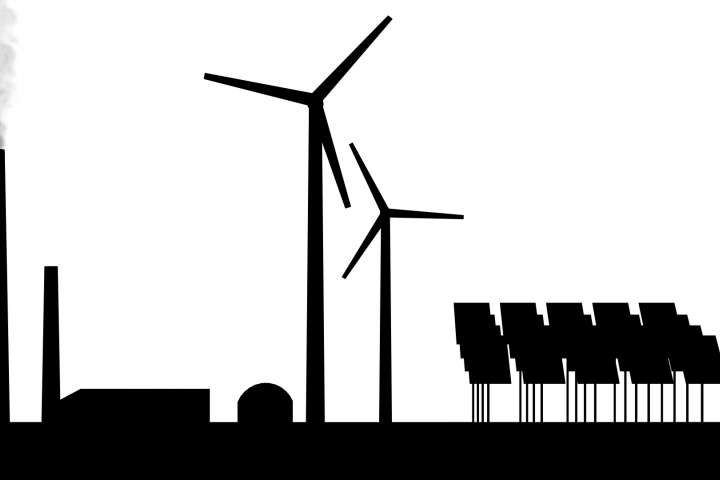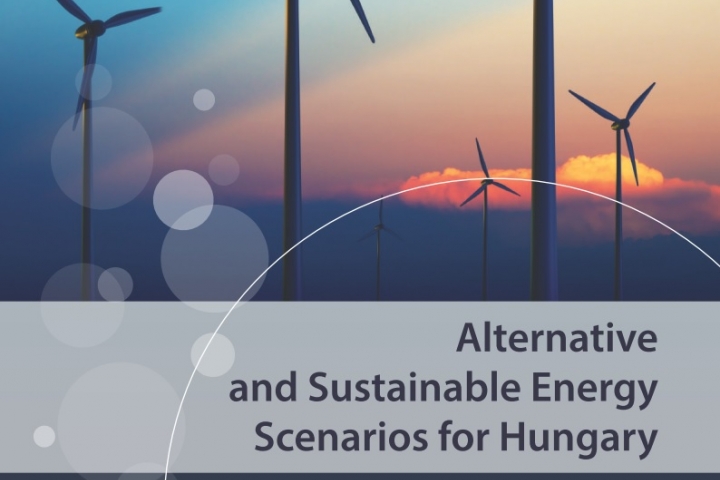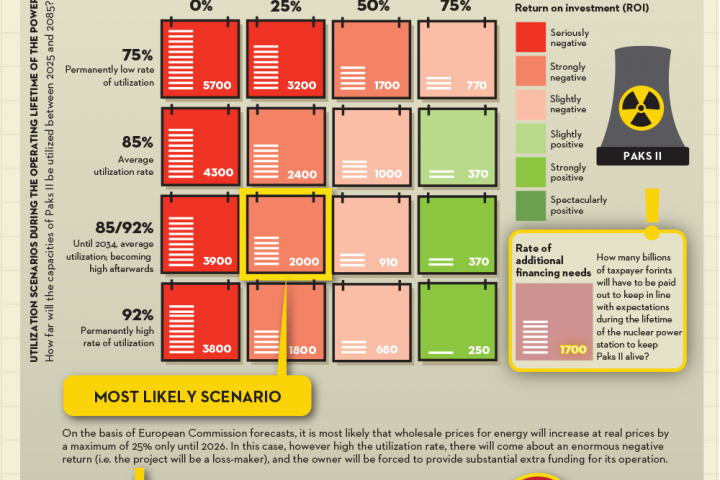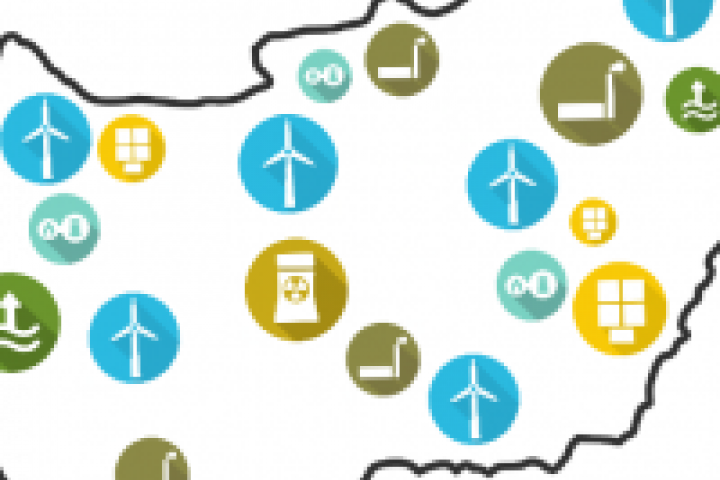Several thousand barrels of nuclear waste – stored irregularly
Several thousand barrels of low and medium activity radioactive waste were stored in Bátaapáti for years without having confirmed the geological suitability of the site – this is part of the ombudsman’s statement issued in December after a serious investigation. Afterwards the Commissioner for Future Generations called on several relevant authorities, the government and the minister for rural development to take measures. There are still some issues to be cleared before the final permission is given (and the storage facility becomes operational).
The Energiaklub asked the Parliamentary Commissioner for Future Generations to investigate the permission procedure of the radioactive waste storage facility under construction in Bátaapáti. Caution is a fundamental requirement in relation to radioactive waste. Clearly defined legislation and transparent, accessible authority procedures are needed to handle and store such waste, including the permission process. The Energiaklub found that these requirements were not fully met in Bátaapáti.
The logic used to connect the permissions for research and installation was unclear even in the early stage of the permission and installation phases, as well as the requirements of being awarded these permits. The urgency to transport the hazardous waste to Bátaapáti, the failure to wait until the construction of the underground storage facilities raise further questions. The significance of these questions is not theoretical: the storage facility is planned to start operation in 2012, and in the permission procedure it may be necessary to revise the lawfulness of earlier permission processes and of the use of the facility to date.
The statement
According to the commissioner’s December statement, permits for the storage facility were not issued in adequate circumstances: the effective legislation is (still) incomplete and contradictive, the competent authorities have issued several permits irregularly. In addition, thousands of barrels of low and medium activity radioactive waste have been stored at the site for years without prior confirmation of its geological adequateness, and the construction of underground storage facilities has not been finished to date.
The ombudsman’s completed investigation revealed serious discrepancies in the permission procedure and the construction process, confirming several of the points of concern listed in the Energiaklub Policy Institute’s appeal. The ombudsman’s inspection showed that certain permits were issued against current legislation, while others were issued on a random basis rather than along carefully prepared laws. In summary, we can state that there are few people in this issue who did not commit a fault in some way.
Discrepancies
The commissioner’s findings include the following:
1. The notary of Bonyhád made a mistake when issuing building permits for certain facilities before the environmental permit came into effect. The National Inspectorate for Environment, Nature and Water (OKTVF) also acted wrongfully in this case because it gave consent to the issuance of building permits while the environmental impact assessment was still being conducted. The Vegyépszer Zrt. began construction unlawfully without an environmental permit, and the authority did not request that it cease this activity.
2. The company may only start using the site after the environmental permit comes into effect. This is not how it was done in Bátaapáti. Under the pretext of field-survey, they began works in the area long before the environmental impact study, thus the study includes already realized significant environmental effects.
3. The final report of the geological survey was approved by the Pécs District Mines Inspectorate because – due to the lack of adequate regulations – it assessed its scope of authority inadequately. Its decision therefore infringed the law and was not binding. The Hungarian Office for Mining and Geology (MBFH) failed to investigate this despite its obligation to do so. This resulted in a situation where the resolution confirming the geological suitability of the site was missing, that is, the suitability of the site was not evidenced.
What happened after the statement was issued?
Due to all the legal discrepancies, contradictions, mistakes made in the course of the process, the commissioner’s statement called on the government, the minister for rural development, the chairperson of the MBFH, the OKTVF and the Middle Transdanubian Inspectorate for Environmental Protection, Natural Protection and Water Management (KdKTVF) to take measures, to start creating the necessary legislative tools and conduct controlling and supervising procedures.
Upon receipt of the statement, the MBFH conducted a revision and instructed the Pécs District Mines Inspectorate to conduct a new procedure. In the repeated process, the Inspectorate modified the findings pertaining to assessing its scope of authority and approved the final report again.
The Energiaklub wrote a letter to the affected ministers (Lászlóné Németh, Ministry of National Development; Sándor Fazekas, Ministry of Rural Development) and authorities (OKTVF, KdKTVF) inquiring what steps they have taken and are planning to take towards the proposed and requested measures included the ombudsman’s statement.
The waste
Surveys were started in Bátaapáti in 1997 to prepare the establishment of a storage facility suitable to be a final storage location for the low and medium activity radioactive waste generated in the Paks nuclear power plant. These wastes are primarily tools, protective clothing items used in the power plant; they are contaminated and will remain radioactive for hundreds of years, thus have to be isolated from the environment for that amount of time. The annual average waste generated in the nuclear power plant varies from 1500 to 2000 barrels, which means that an estimated 80 to 90 thousand barrels of waste will be generated until the end of its operating lifetime, which is planned to be extended (until 2037), including the waste generated at demolition.
The permission process
Underground survey began in 2005 including deepening the so-called slope tipples, with a permission issued officially for searching for mineral raw materials, and the environmental permission process was started at the end of the same year. The process was still ongoing when landscaping and construction of the ground-level facilities were started. Although its underground part has not been completed to date, the storage facility was officially inaugurated in 2008. Waste is shipped regularly from Paks to a ground surface building for temporary storage. The facility suitable to store 3000 barrels became full last year. Completion of the underground section of the facility costing almost 67 billion forints to date is delayed, after modifying the plans several times, operation is said to start at the end of 2012.





